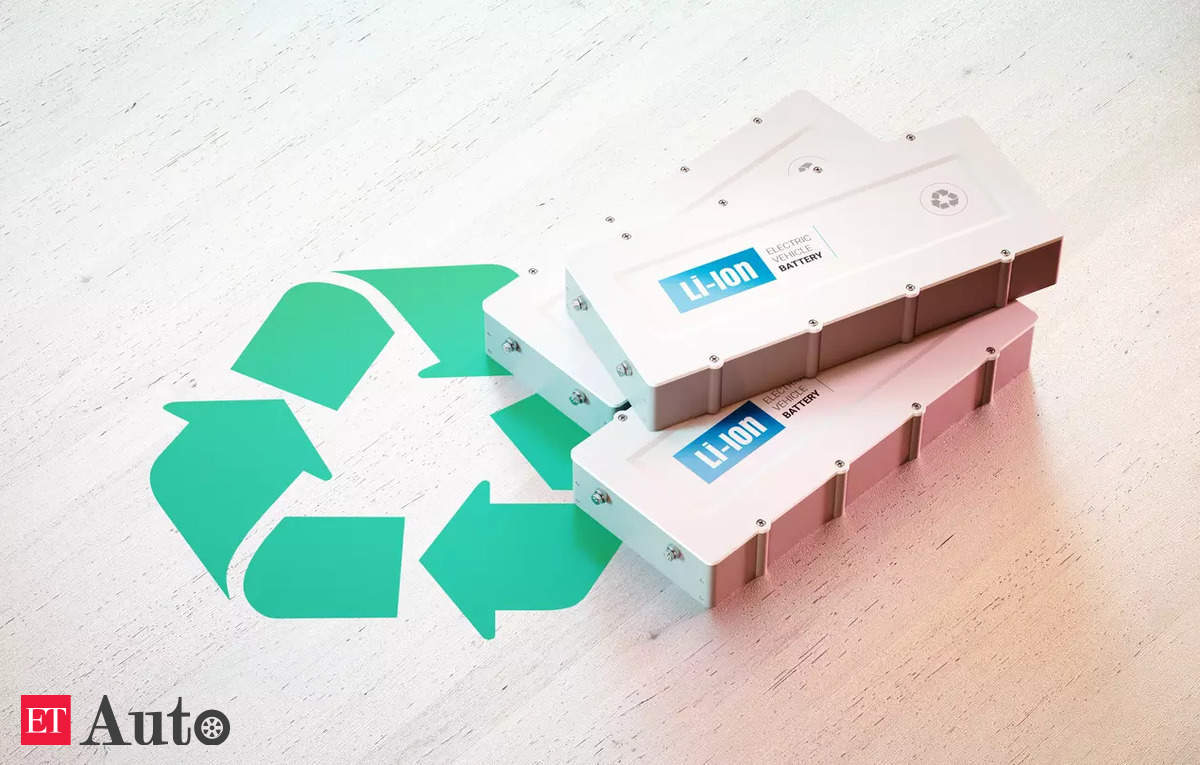The Technology Development Board (TDB) recently announced a partnership with startup Remine India to build a commercial plant for recycling lithium-ion batteries and e-waste in Uttarakhand. The agreement provides INR 7.5 crore in financial assistance from TDB for the INR 15 crore project, said the Ministry of Science and Technology.
“India is third in the world in terms of e-waste generation and significant efforts are required to curb the issue. TDB supporting this initiative would help to engage informal recyclers to connect with formal recyclers thereby contributing towards a circular economy,” said TDB Secretary Rajesh Kumar Pathak. The TDB comes under the Department of Science and Technology (DST).
The new recycling plant will be set up at Eldeco in Sitarganj’s SIIDCUL Industrial Area in the Udham Singh Nagar district. The plant will utilise indigenous technology developed by the Centre for Materials for Electronics Technology (CMET) for efficient recycling.
‘Growing use of lithium-ion batteries increasing e-waste’
The Science Ministry highlighted the growing use of lithium-ion batteries in electronics, electric vehicles, and renewable energy storage, leading to increased e-waste.
It noted that the rising “imports of e-waste stemming from the disposal of spent Lithium-ion Batteries (LIBs) are driven by their growing utilisation in portable electronics, electric vehicles, and global renewable energy storage systems”.
“The potential for value creation through the retrieval of metals from spent LIBs has spurred interest in recycling e-waste generated by these batteries. The lithium-ion battery recycling market size is projected to reach USD 14.89 billion by 2030, with a Compound Annual Growth Rate (CAGR) of 21.6%, up from USD 3.79 billion in 2021. Despite this, a significant 95 per cent of Li-ion batteries currently end up in landfills, while only 5% undergo recycling and reuse,” the ministry added.
However, only 5% of lithium-ion batteries are currently recycled, with the rest ending up in landfills. The Ministry expressed concern about the dominance of the informal sector in e-waste management due to its potential negative environmental and economic impacts.
The project aims to address these issues by promoting efficient and eco-friendly recycling methods.






